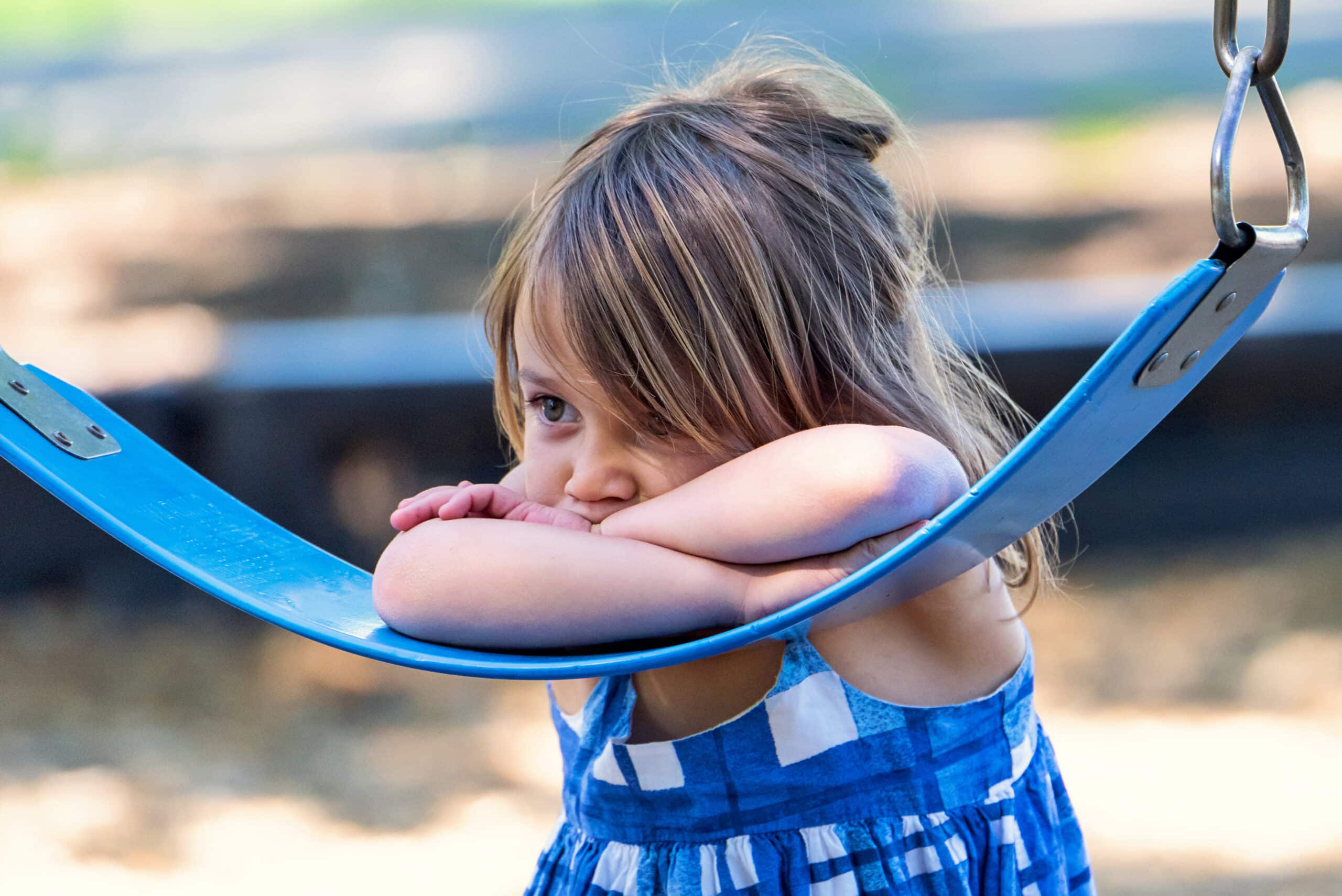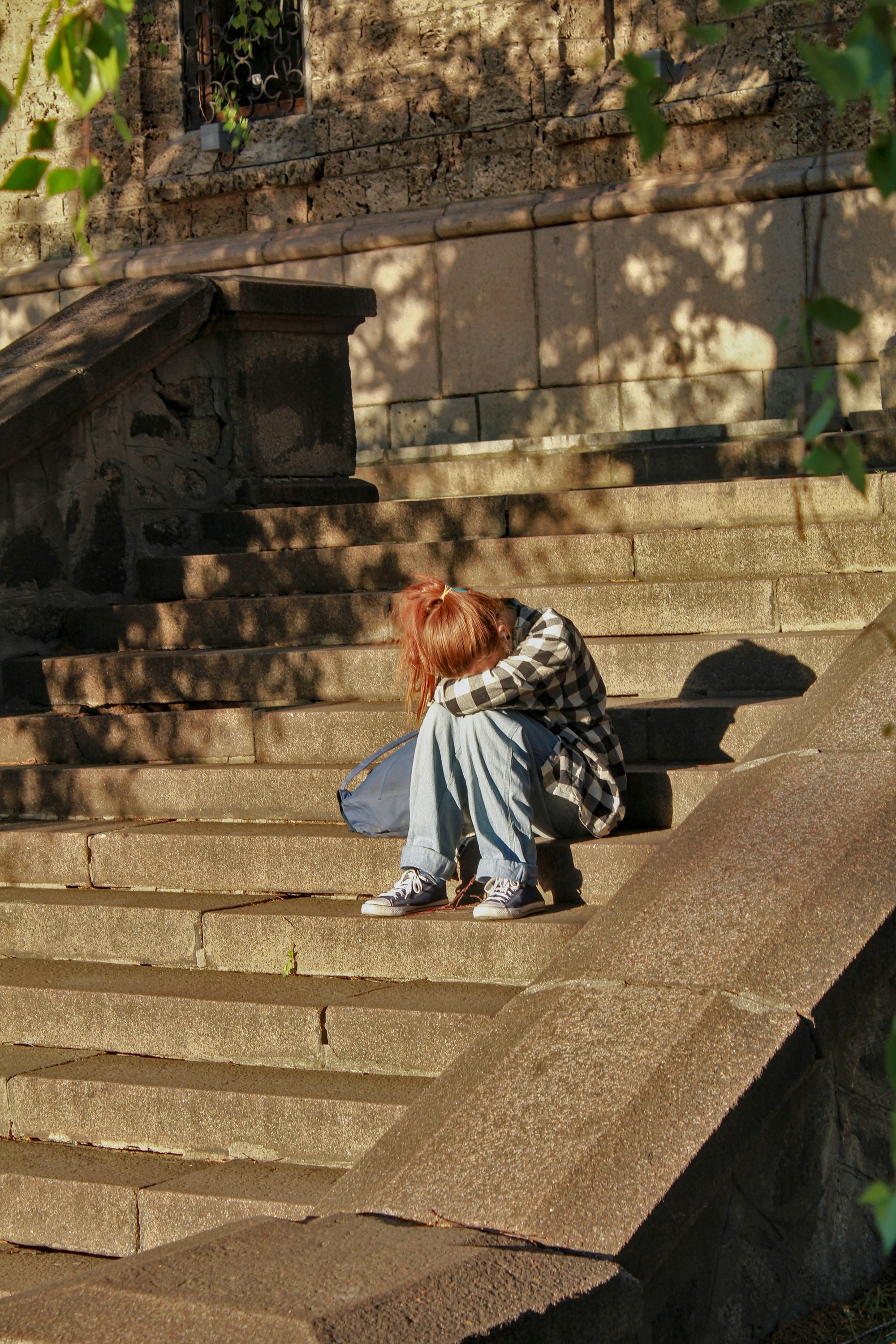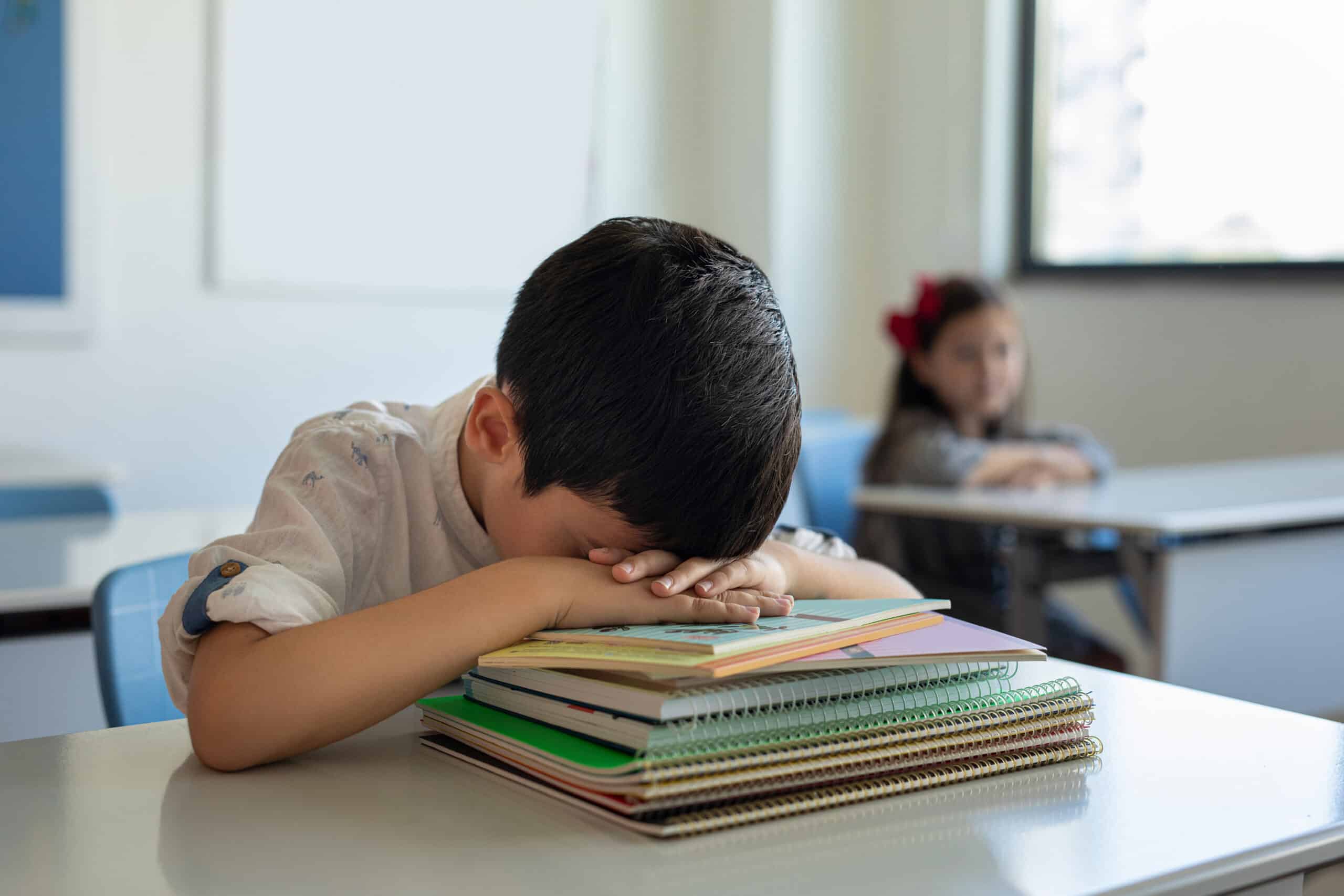Understanding Bullying And It's Impact.
Bullying can take many forms, including:
- Name calling, teasing or spreading rumours
- Exclusion from groups or activities
- Physical aggression like pushing or hitting
- Online harassment through messages or social media
Kids who experience bullying may feel anxious, sad, angry or even ashamed. They might avoid school, withdraw from friends or show changes in sleep and appetite. These reactions are not signs of weakness — they’re natural responses to ongoing stress.






